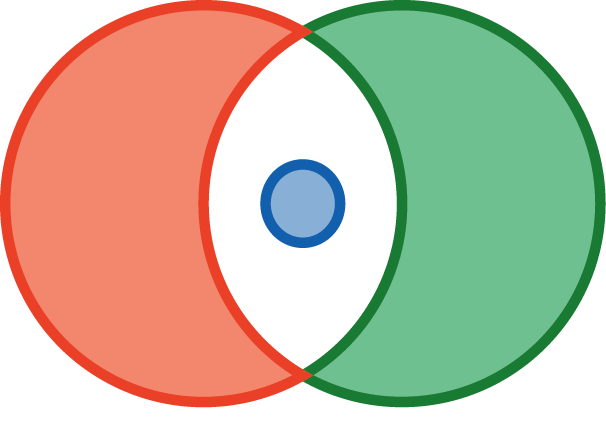Madad. Mehanat. Mannat.
“Helping others. Working hard. Devotion.”
On the first day I reached the Bishanpur village in Bihar, Abodh told me these three words to live my life by.
The words are so simple, almost obvious, and yet, they were so profound. They reminded me why I had taken a semester off in the first place – to escape from the intellectual world, where I had learned to construct and deconstruct complex theories for the past 3 years, but had forgotten how to focus on what was happening right in front of me.
Recognizing how little I knew or understood was liberating. It allowed me to ask questions about relationships, purpose, intelligence and love with a beginner’s mind.
I wanted to see new places, meet new people, and understand how intelligence, ideas, and potential were understood outside of the Ivy League – in places where people hadn’t even heard of the Ivy League.
With this idea in mind, I set up two projects through an NGO in India, where my father is from, to explore this question. That’s where I met Abodh.
Spending time with people like Abodh, who in spite of significantly fewer resources and many more obstacles, had such strong convictions and were doing so much for society confirmed my earlier hypothesis that potential exists everywhere.
And yet, this potential was disconnected and lacked the necessary nurture to grow, so I started organizing community meetings to bring people together—people interested in working for change.
The issue that came up over and over again was education, so we built up educational programs for every stakeholder in the village —from mothers to preschoolers all the way up to high-schoolers. All of these programs were run by local changemakers from the community. That’s how SEEKHO was born.
Over time, these local changemakers started to address other issues in the community. For example, they decided to clean up a dump next to our facility to create a sports field for our students—in spite of the caste implications. They have shown incredible desire, strength, and resilience to improve their village.
All of us have embodied what Abodh taught me—madad, mehanat, mannat—to simply work hard and be devoted to serving others. And yet, this would have been significantly harder without the support we provide to one another.
There are thousands of changemakers across rural India who are doing micro social innovations, and yet no one has recognized or supported them, so their ideas remain small. And yet, as we’ve seen, a little bit of help goes a long way In helping changemakers transform their communities.
“If the village perishes, India will perish too.”
— Gandhi Ji
There are 700,000 villages in India, each of which has a changemaker. So we’re going to find and empower a nation of changemakers, who will ensure that these villages, and India, survive and thrive.
All love,
Zubin Sharma




